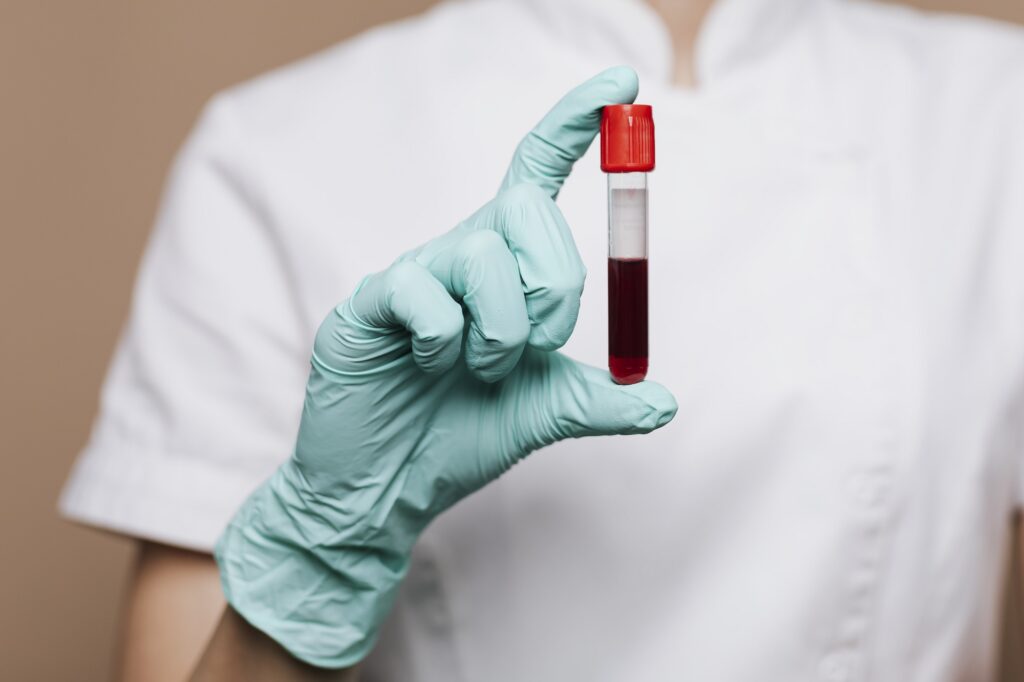Stomach pain is something many people experience at different times. It can happen for many reasons, from minor problems to more serious ones. Common causes include indigestion, gas, constipation, and food poisoning. Knowing what is causing your pain is important to decide if you need to see a doctor.
The type of pain and other symptoms can be different depending on the cause. Some people feel a dull ache, while others may have sharp pain. You might also feel bloated, nauseous, or have diarrhea. In some cases, these symptoms could be linked to conditions like fatty liver, which may not show obvious signs at first but can affect digestion and overall health. These signs can help you understand what’s happening inside your digestive system and whether you need more than just home treatment.
For example, pain after eating certain foods might mean you have a food allergy or intolerance. Pain that wakes you up at night could be a sign of a more serious problem. Paying attention to these signs helps you know if your pain is mild or something to worry about.
Red Flags and Critical Symptoms in Stomach Pain
Certain symptoms that occur along with stomach pain should never be ignored as they may indicate serious health issues. Severe abdominal pain accompanied by chest pain, shortness of breath, or dizziness could signify a heart attack or other cardiovascular condition requiring immediate emergency care. Additionally, persistent abdominal discomfort may also be linked to metabolic issues such as insulin resistance.

Jaundice, which causes yellowing of the skin and eyes, may indicate liver problems such as hepatitis or bile duct obstruction. The presence of blood in vomit or stools, whether bright red or having a coffee-ground appearance, is a critical sign of bleeding within the gastrointestinal tract and demands urgent medical intervention. Recognizing these red flags and critical symptoms early is essential to prevent complications and ensure timely treatment.
Differentiating Between Mild Discomfort and Serious Issues
Mild discomfort usually resolves within a few hours and is often linked to dietary choices or minor stressors. In contrast, serious issues tend to present with more intense and persistent symptoms that do not subside with over-the-counter treatments. In some cases, these symptoms could be early signs of underlying conditions like metabolic syndrome, which requires medical evaluation and long-term management.
Mild discomfort typically diminishes with rest, hydration, and perhaps a mild antacid or pain reliever. On the other hand, serious issues may not respond to these measures and often require medical evaluation.
Serious issues may present with systemic symptoms such as unexplained weight loss, night sweats, or severe fatigue. These could indicate a more significant health problem and should be investigated by a healthcare professional.
The Role of Medical History in Assessing Stomach Pain
Your medical history plays a significant role in assessing stomach pain and determining the appropriate course of action. If you have a history of gastrointestinal diseases such as Crohn’s disease or ulcerative colitis, recurring stomach pain might indicate a flare-up that needs management.
It’s also important to consider family medical history, as some gastrointestinal conditions can be hereditary. If close relatives have had issues such as gallstones, pancreatitis, or stomach cancer, you may have a higher risk of experiencing similar problems. Chronic stress or poor eating habits can exacerbate stomach pain and contribute to conditions like gastritis or peptic ulcers.

Common Diagnostic Tests for Stomach Pain
When you seek medical attention for stomach pain, your healthcare provider may recommend a series of diagnostic tests to identify the underlying cause. Common tests include blood tests, which can reveal signs of infection, inflammation, or anemia.
Imaging tests, such as abdominal ultrasounds, CT scans, or MRIs, offer a detailed view of your internal organs and can help detect abnormalities like gallstones, tumors, or organ inflammation.
Endoscopic procedures, including upper endoscopy or colonoscopy, allow doctors to visually examine your digestive tract. These procedures can identify issues such as ulcers, polyps, or blockages and may involve taking biopsies for further analysis.
Treatment Options for Stomach Pain Based on Diagnosis
Once a diagnosis is made, treatment options for stomach pain can vary widely based on the underlying cause. For mild conditions such as indigestion or gas, lifestyle changes and over-the-counter medications like antacids or simethicone may be sufficient to alleviate symptoms.
For more serious conditions, such as infections or inflammatory diseases, prescription medications may be necessary. Treatment may include medications targeting infections or inflammation depending on the specific diagnosis. In some cases, surgical intervention might be needed to address structural problems like hernias or obstructions.
Preventative Measures: How to Maintain Digestive Health
Maintaining digestive health is key to preventing stomach pain. A balanced diet rich in fiber, fruits, and vegetables can promote regular bowel movements and prevent common issues like constipation and diverticulosis. Staying hydrated and limiting intake of caffeine, alcohol, and spicy foods can also support digestive health.
Regular physical activity is another important aspect of maintaining digestive health. Exercise helps stimulate intestinal function and reduce stress. Incorporating activities like walking, yoga, or swimming into your routine can contribute to a healthier digestive system.

Stress management is crucial for preventing stomach pain, as stress can exacerbate conditions like irritable bowel syndrome or gastritis. Techniques such as deep breathing, meditation, or mindfulness can help reduce stress levels and improve your body’s overall resilience.
When to Consult a Specialist
If your stomach pain persists or is accompanied by red-flag symptoms, consulting a specialist such as a gastroenterologist may be necessary. Gastroenterologists are experts in diagnosing and treating disorders of the gastrointestinal tract.
In addition to gastroenterologists, other specialists may be involved in your care depending on the diagnosis. For instance, if your pain is related to gallbladder issues, a surgeon may be consulted for potential surgical intervention. If liver disease is suspected, a hepatologist may be needed to provide targeted treatment and management.
Conclusion
Being aware of your body’s signals and recognizing when stomach pain may indicate a serious condition is vital for your health. Paying attention to red flags and seeking timely medical care can prevent complications and ensure effective treatment. Trust your instincts and consult a healthcare professional if your symptoms persist or worsen. Prioritizing your digestive health through prompt action and collaboration with your provider can significantly improve your well-being and help you maintain a pain-free life.